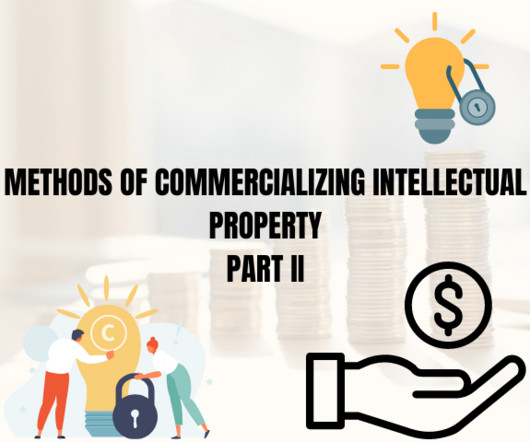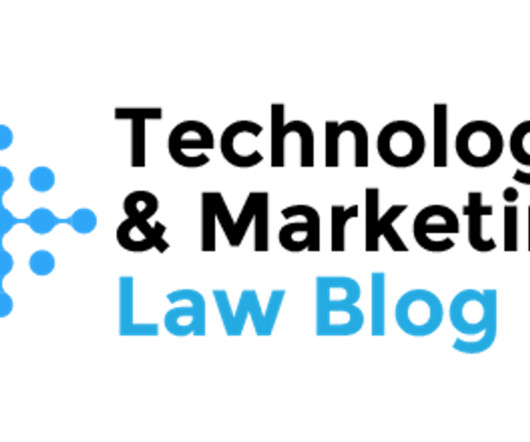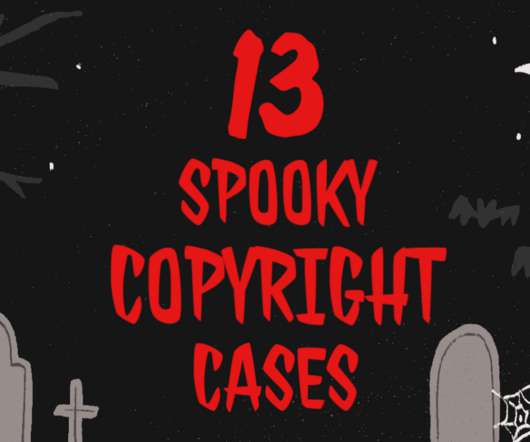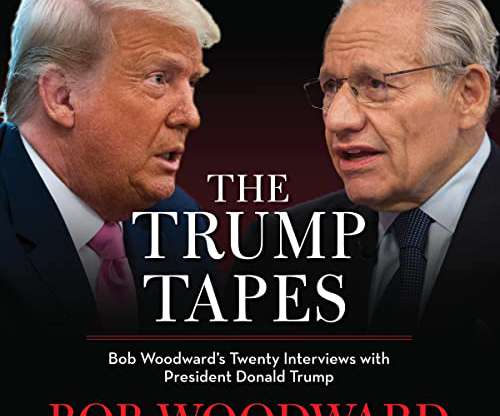Who Owns the Copyright in AI-Generated Art?
Intepat
SEPTEMBER 15, 2023
Some argue that AI art lacks true originality and creativity, leading to debates about whether it should be eligible for copyright protection or if it should be considered a mere replication of existing content. In 2011, wildlife photographer David Slater captured a monkey selfie, which gained widespread attention online.












Let's personalize your content